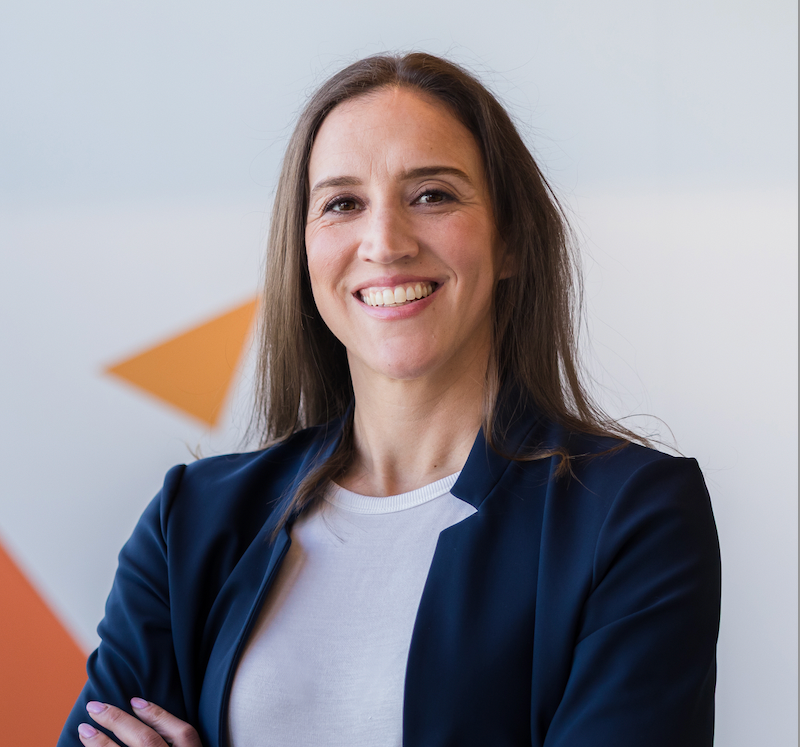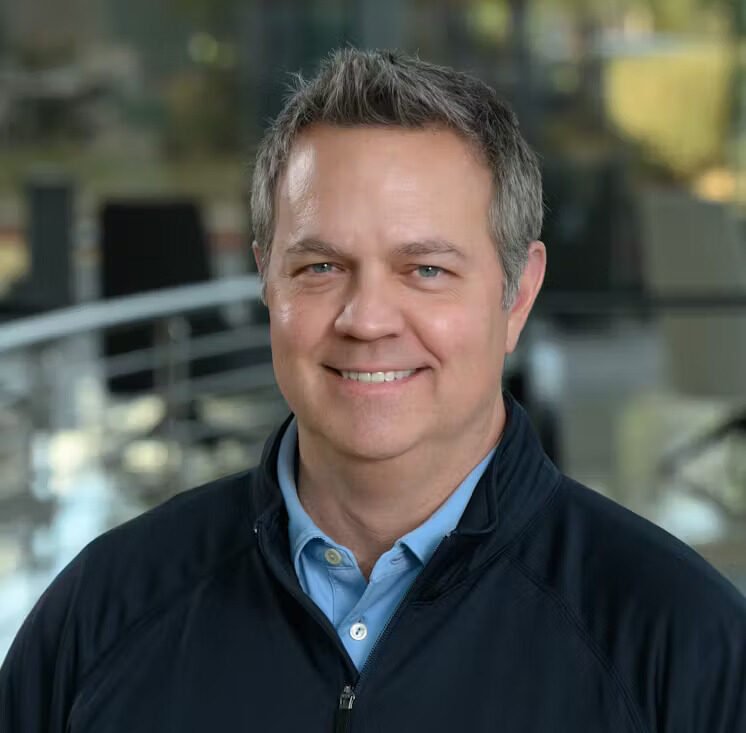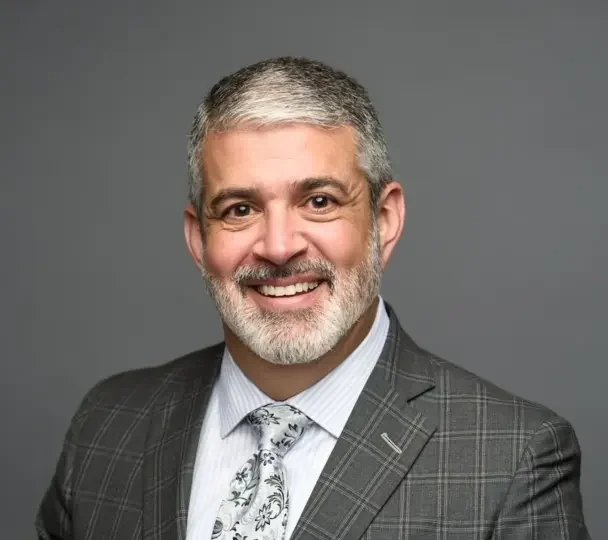
Several years ago, I interviewed Dan Rowe, founder and CEO of Fransmart, in an interview originally published in Thrive Global. Here is an excerpt from our interview:
Adam: Thanks again for taking the time to share your story and your advice. First things first, though, I am sure readers would love to learn more about you. What is something about you that would surprise people?
Dan: My very first job was as a line cook at Jack’s Beach Concessions in Huntington Beach, California, where I was fired 3 hours into the job. I was responsible for making nachos and corn dogs in the fryer and accidentally burned my manager with hot grease. Needless to say, I was fired immediately. I learned pretty early on that I was better suited for the business side of the restaurant industry and not on the front lines. Fast-forward a few years; at 19, I went to a Tony Robbins event focused on figuring out your life plan and came up with my life motto – getting rich by helping people get rich, which has guided me throughout my entire career.
Adam: How did you get here? What failures, setbacks, or challenges have been most instrumental to your growth?
Dan: I knew from an early age that I wanted to be self-employed and loved the restaurant business – especially the fast-paced environment and instant gratification of feeding people. In my early 20s, I co-invested in a bagel bakery franchise and opened several locations with a friend of mine. We eventually became the outsourced franchise sales team for the chain as well, helping them grow from 6 locations to about 200 before they were sold.
I didn’t know at the time but one of the greatest lessons I learned was how important a good franchisor was as my partner and I, along with several franchisees, struggled with a lack of support and frankly the lack of care from the franchisor of the bagel chain.
Lessons learned along the way included:
-
Seek concepts with an authentic soul and DNA versus copycat concepts.
-
Only sell franchises to experienced franchisees of other concepts or high-net-worth groups willing to invest in the right teams and processes.
-
Get in early when truly original emerging brands have all the advantages – no competition, favorable food/beverage margins, amenable leasing terms from landlords eager for new and exciting concepts, compounded returns, lower cost conversions, and the ability to still sell the chain while it’s hot.
-
No concept lasts forever. Pick the right concept, get in early, grow really big and really fast then sell it.
-
You only pay for bad real estate; good real estate pays for itself. I would sit in one of my bagel bakeries in Denver across from the original Chipotle and soon realized we were on the wrong side of the street with no parking and limited visibility meanwhile Chipotle had a corner space with plenty of parking and a line down the block every day.
Figuring out what gave certain restaurants that special “buzz” – that certain “gotta-have-it-ness” that could translate into a viable franchise became like second nature. As my career progressed, with each new success feeding the next, I began to build wealth. I soon realized my talent for franchise success was something I wanted to share, which is how Fransmart, the leading franchise development company, was born. Since then, I’ve dedicated my career to identifying emerging brands ripe for expansion and helping them grow successfully.
Adam: In your experience, what are the defining qualities of an effective leader? How can leaders and aspiring leaders take their leadership skills to the next level?
Dan: Effective leaders get the results they are after by engaging people to get the results they need. I encourage leaders to hire smart, train employees, and provide a support system while holding them accountable to tangible results. There’s an authentic DNA behind successful people. A really good leader needs to have this authentic vision and stick with it all the way. If you go back and look at a lot of early emerging concepts and startups you can see that they stick to what they know, do it well and own that space while always keeping the customer in mind.
Adam: What are your three best tips applicable to entrepreneurs, executives, and civic leaders?
Dan:
-
Start with the end in mind and be very clear about your goals.
-
Know your ‘why’ – if your ‘why’ isn’t really important you won’t stay focused.
-
Employees are your best assets. If you really want to be successful in the franchising business you need to understand that you can’t build a business operating at a high level unless your employees and franchisees know how to function and properly do their jobs – train and support them! If you don’t believe you work for your employees, you are crazy.
Adam: What is the single best piece of advice you have ever received?
Dan: Don’t confuse effort and results – focus on profit, not sales. Meaning, if you want to be successful don’t confuse being busy with achieving your goals. I spent the first 20 years of my career focused on superficially staying busy until I changed my narrative and started doing things that made profit – you can work really hard and feel very busy but if you don’t have any profit at the end of the day, what’s the point?
In my line of business, nothing else matters more than the success of our franchisees. Far too often franchisors are not teaching their franchisees the skills it takes to run a business.
Adam: What is one thing everyone should be doing to pay it forward?
Dan: Over the course of my career I was fortunate enough to have mentors help guide me through my successes and failures. In my early 20s, I reached out to several executives of large publicly traded restaurant companies who were willing to let me spend an entire day with them. I learned so many vitally important lessons from these CEO’s that as a result, I’ve made it a point to provide the same guidance to others.
Adam: What are your hobbies and how have they shaped you?
Dan: I’m a certified Instrument Private Pilot, which comes with its own language and set of rules that I’ve learned while navigating my hectic life. On an average day, I’m juggling 100 things at a time but when I’m in the pilot seat I gain a sense of peace and quiet. I’ve been able to apply the lessons I’ve learned from flying to the rest of my career.








